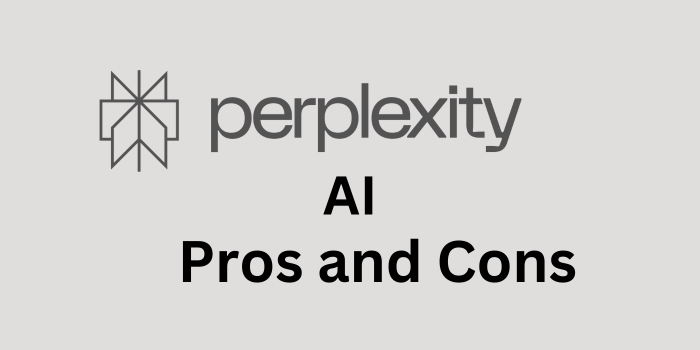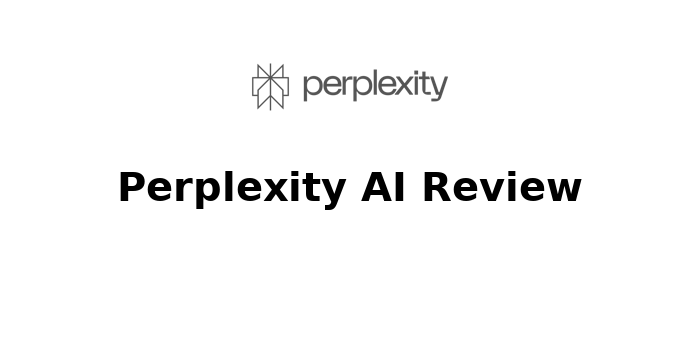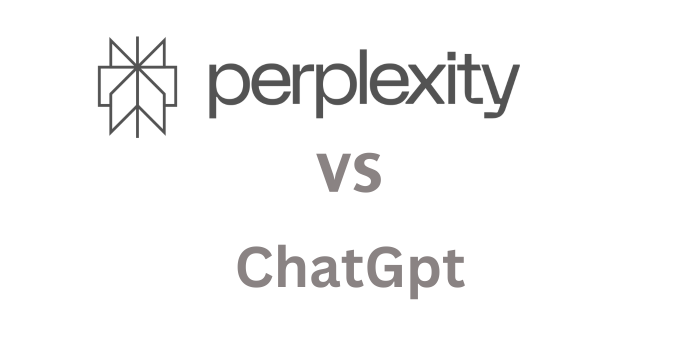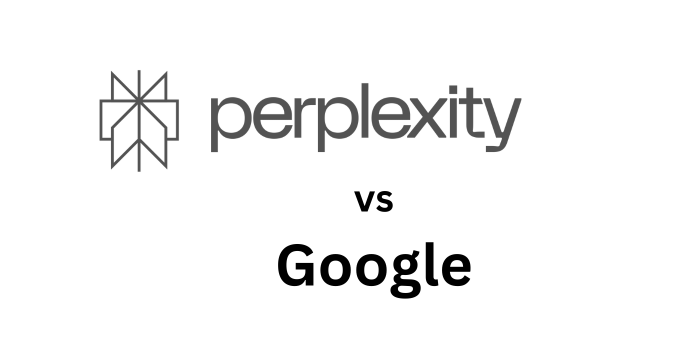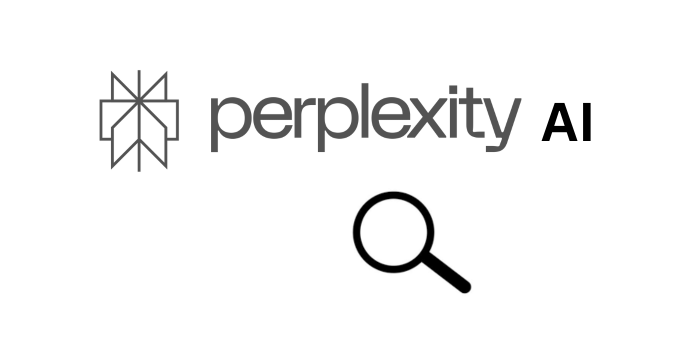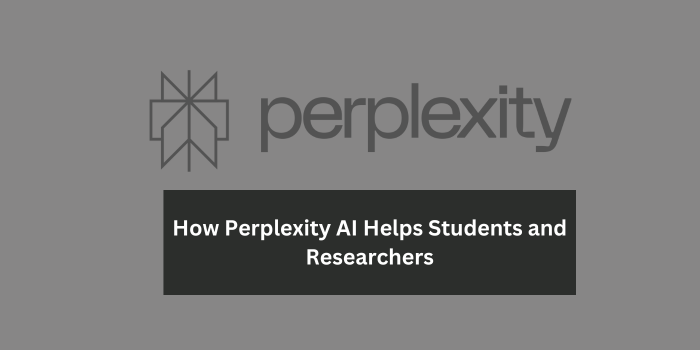With the rise of artificial intelligence, many AI-powered tools are emerging to assist users with daily tasks. Perplexity AI is one such tool designed to answer questions in a conversational manner while providing accurate and relevant information. But is it the best choice for everyday queries? In this blog post, we will explore the pros and cons of using Perplexity AI, helping you determine if it’s the right tool for your needs.
What is Perplexity AI?
Perplexity AI is an AI-powered search and chatbot tool that provides direct answers to user queries. Unlike traditional search engines, which return multiple links, Perplexity AI processes information and presents a concise yet informative response. It leverages natural language processing (NLP) and machine learning algorithms to enhance user experience and deliver precise answers.
The Pros of Using Perplexity AI
Perplexity AI has gained significant popularity due to its ability to streamline information retrieval and enhance user experience. It is particularly beneficial for those who require quick and accurate responses without the hassle of browsing multiple sources. Whether for academic purposes, business research, or personal inquiries, this AI-powered tool is designed to simplify the process of obtaining relevant information.
1. Quick and Direct Answers
One of the biggest advantages of Perplexity AI is its ability to provide instant, direct answers without requiring users to sift through multiple web pages. This is particularly useful for those looking for quick information without the hassle of reading through unnecessary details.
2. User-Friendly Interface
Perplexity AI features an intuitive interface that makes it easy for users of all backgrounds to navigate. Unlike traditional search engines that require advanced search techniques, this AI-powered tool allows users to input natural language queries and receive comprehensible responses.
3. Enhanced Context Understanding
Traditional search engines often struggle to understand context, requiring users to refine their queries multiple times. Perplexity AI, on the other hand, leverages NLP to better understand the context of a question, leading to more accurate and relevant responses.
4. Reduced Clickbait and Misinformation
Many search engines display results that include clickbait, biased articles, and misinformation. Since Perplexity AI processes information from credible sources before presenting answers, it minimizes the risk of encountering unreliable information.
5. Conversational Capabilities
Perplexity AI allows for follow-up questions, enabling a more interactive and engaging experience. Unlike traditional search engines, which require users to rephrase their queries multiple times, this AI-powered tool adapts to the conversation flow, making it more effective for complex queries.
6. Saves Time and Effort
By eliminating the need to visit multiple websites for answers, Perplexity AI saves users time and effort. Whether you need a definition, a summary, or technical information, the AI delivers precise responses quickly.
7. Accessibility and Convenience
As an AI-powered assistant, Perplexity AI is available across various devices, allowing users to access information on the go. Whether you’re using a smartphone, tablet, or computer, you can get answers without switching between multiple sources.
8. Integration with Other AI Tools
Perplexity AI can be integrated with other AI-driven applications, making it an excellent addition to productivity tools, content creation software, and research platforms.
The Cons of Using Perplexity AI
While Perplexity AI offers numerous advantages, it is not without its limitations. Like any AI-driven tool, it has constraints that can impact its effectiveness in certain scenarios. Users should be aware of these drawbacks to make an informed decision about when and how to rely on the technology.
1. Limited Depth in Answers
While Perplexity AI is great for quick and concise answers, it may not always provide in-depth explanations or analyses. If you’re looking for detailed reports, case studies, or academic papers, you may still need to conduct traditional research.
2. Dependence on Pre-Trained Data
AI tools, including Perplexity AI, rely on pre-trained datasets and machine learning models. This means they may not always have the latest information, especially when dealing with emerging topics or niche areas that lack sufficient training data.
3. Potential Bias in Responses
AI models are trained on publicly available data, which can sometimes carry inherent biases. While efforts are made to minimize bias, there is still a risk that Perplexity AI may present information with subtle inaccuracies or one-sided viewpoints.
4. Privacy and Data Security Concerns
Since Perplexity AI processes queries using cloud-based systems, users may have concerns about data privacy and security. If sensitive information is involved, users should be cautious about sharing personal or confidential details.
5. Lack of Human Touch
While AI can simulate human-like responses, it still lacks emotional intelligence and critical thinking abilities. For complex problem-solving or nuanced discussions, human input is often more valuable than AI-generated responses.
6. Occasional Inaccuracies
Although Perplexity AI strives to provide accurate responses, there may still be occasional inaccuracies. Like any AI-driven system, it is not infallible, and users should cross-check important information before relying on it completely.
7. Not Ideal for Creative or Subjective Queries
AI models excel at answering factual questions, but they may not perform as well when it comes to creative or subjective queries. For example, if you’re looking for personal recommendations, artistic critiques, or emotionally nuanced discussions, human perspectives are often more valuable.
8. Over-Reliance on AI
With the convenience of AI-powered tools, users may become overly reliant on them and neglect critical thinking or independent research skills. While AI can assist in many ways, it should not replace human judgment entirely.
When Should You Use Perplexity AI?
Perplexity AI is best suited for:
- Quick fact-checking
- Summarizing large pieces of text
- Looking up definitions and explanations
- Generating simple, concise answers
- Researching general knowledge topics
- Assisting in educational and learning processes
However, it may not be the best tool for:
- In-depth academic research
- Complex decision-making
- Generating creative content
- Providing highly personalized recommendations
Alternatives to Perplexity AI
If you find that Perplexity AI doesn’t fully meet your needs, consider these alternatives:
- Google Search – Best for finding multiple perspectives and in-depth information
- ChatGPT – Excellent for conversational AI assistance and content generation
- Bing AI – A strong AI-powered search alternative with better web integration
- Wolfram Alpha – Ideal for mathematical and scientific queries
- Quora – Best for diverse user-generated responses and personal insights
Conclusion
Perplexity AI is a powerful tool that simplifies information retrieval by offering direct and precise answers. Its user-friendly interface, context awareness, and ability to reduce misinformation make it a great AI assistant for everyday queries. However, its limitations, including potential biases, lack of depth, and privacy concerns, mean it should not be the sole source of information.
Ultimately, the best approach is to use Perplexity AI alongside other research tools and human judgment. By understanding its strengths and weaknesses, you can maximize its benefits while ensuring that you make well-informed decisions based on accurate and diverse sources of information.
